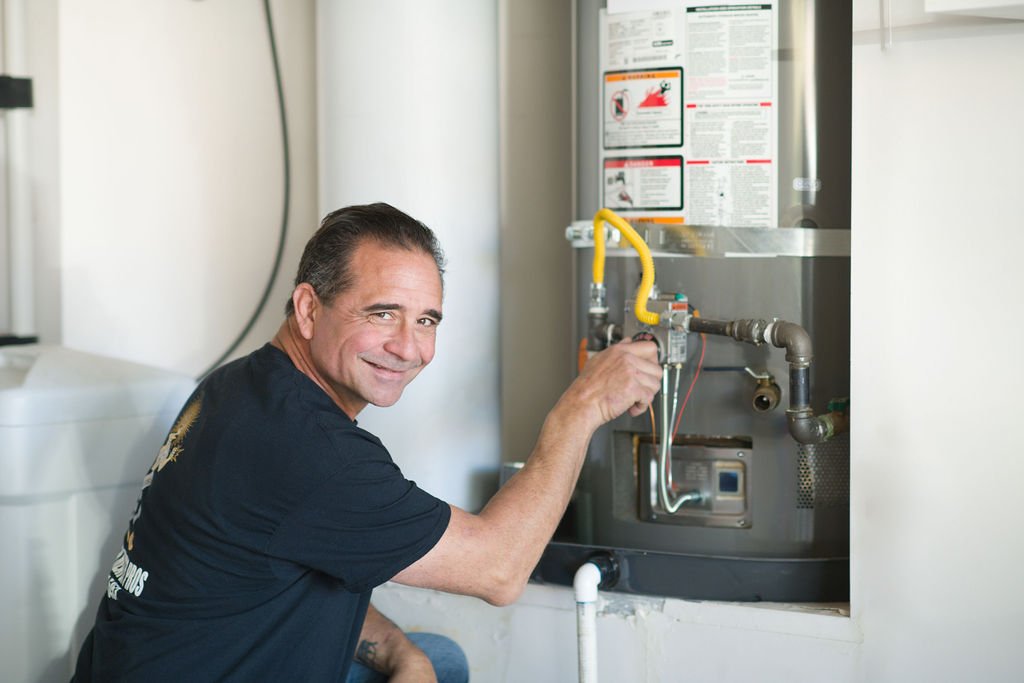Many homeowners are familiar with the concept of insulation. It’s a procedure most commonly applied to the walls and roof of the house. Insulating these structures is a simple and effective way of saving energy costs. This same concept can be applied to water heaters. The extra padding will prevent heat loss, reducing the energy required to keep the water hot. Here’s what there is to know about insulating the water heater:
REASONS TO INSULATE A WATER HEATER
A standard water heater contains about 80 gallons of water. These tanks heat the water to 140 degrees Fahrenheit. Furthermore, they do it quite efficiently, although they don’t necessarily keep the water at this temperature. By insulating the unit, heat loss is reduced by about 30%. The result is saving on water heating costs.
BEST MATERIALS FOR WATER HEATER INSULATION
Not all insulating materials are created equal. Some products, like foam, will do a good job initially but quickly deteriorate. It could also produce toxic substances as it breaks down. Other materials might be a fire hazard, especially when placed next to a gas furnace. An experienced plumber would be the best bet to select the appropriate insulation material for the water heater.
WHY LOCATION MATTERS
Before insulating the water heater, it’s essential to consider some factors. If the unit is in a closet, it probably doesn’t need insulation since it’s already in a warm location. However, if it’s in the garage, it might require extra insulation to combat the cooler temperature in this house section.
Insulation can attract mold if placed on a water heater in a damp area. For example, if the unit is in the basement, moist air could settle on the insulation material and begin to harbor mold or mildew. While a dehumidifier might counteract the problem, the stress of dealing with the mold might not be worth the hassle. So instead, reach out to a plumber to find the best insulation solution for tanks in damp parts of the property.
WATER HEATER BLANKETS
The method used to wrap a water heater blanket around the appliance will vary depending on the type of heater. For gas heaters, it’s essential that the blanket doesn’t go near the flame or underneath the unit. The top of the appliance should be left uncovered to allow the exhaust fumes to escape.
For an electric water heater, ensure the blanket doesn’t cover the heating elements. It’s also good to check that the temperature relief valves are left uncovered.
RELY ON THE EXPERTS
Wrapping the water heater can be challenging and a hazard if done incorrectly. Therefore, calling a licensed contractor to carry out the task correctly would be advisable.
Water Heater Pros provides water heater installation and replacement services for Las Vegas and surrounding area residents and businesses. Our expert technicians install both traditional and tankless water heaters for homes and other buildings with gas or electric service. We offer the highest quality installers for efficient, versatile water heaters such as Rheem. Ruud, high-efficiency tankless Navien units, and more. Ask about our installation specials.

